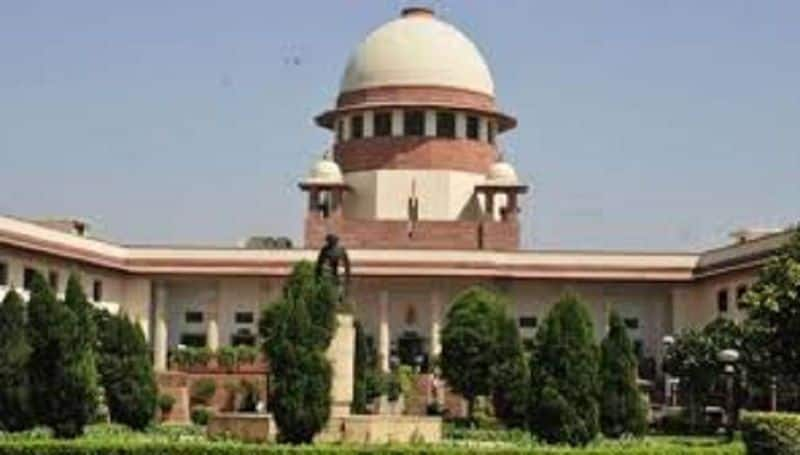It was ordered by the bench headed by Chief Justice of India Justice Ranjan Gogoi, along with Justices Deepak Gupta and Sanjiv Khanna that the parties will have to show receipts of electoral bonds to the election commission.
New Delhi: Supreme Court in a hearing has rejected any interim stay on the electoral bond scheme and directed all political parties to submit details of political funding received till date to the Election commission in ‘sealed covers’ by May 30.
It was ordered by the bench headed by Chief Justice of India Justice Ranjan Gogoi, along with Justices Deepak Gupta and Sanjiv Khanna that the parties will have to show receipts of electoral bonds to the election commission. This will have the information on the identity of the donors and the amount in the account of donors.
The Supreme Court in its statement considered ‘rival contentions’ by the petitioners and respondents “raise weighty issues which have a tremendous bearing on the electoral process” and the matter will get its due hearing.
“We have considered the matter. We examined the stand by the Election Commission. For the present, it needs hearing and it can't be concluded in a short span of time. The court has to ensure interim arrangement and should not tilt favour of any party," said bench.
The court further ordered the finance ministry to reduce the window of buying electoral bonds from 10 days to five days in April-May.
The petition was filed by an NGO Association of Democratic Reforms (ADR), represented by advocate Prashant Bhushan. However, objecting to the petition, Attorney General KK Venugopal said that Bhushan is merely making an election speech.
"Do not let transparency kill the electoral bond scheme," said KK Venugopal. He went on, “It is not voters' concern to know where the money comes from. Transparency cannot be looked as a ''mantra''. What are the realities of the country? This is a scheme that will eliminate black money from the elections.
The petitioner claimed that out of Rs 221 crore purchased through bonds, Rs 210 crore were gone to the BJP. Earlier, Election Commission had opposed the electoral bonds saying it will have grave repercussion to Indian democracy as it will open the gates to unlimited corporate donations to political parties, including foreign companies.
Last Updated Apr 12, 2019, 2:49 PM IST











![Salman Khan sets stage on fire for Anant Ambani, Radhika Merchant pre-wedding festivities [WATCH] ATG](https://static-ai.asianetnews.com/images/01hr1hh8y86gvb4kbqgnyhc0w0/whatsapp-image-2024-03-03-at-12-24-37-pm_100x60xt.jpg)
![Pregnant Deepika Padukone dances with Ranveer Singh at Anant Ambani, Radhika Merchant pre-wedding bash [WATCH] ATG](https://static-ai.asianetnews.com/images/01hr1ffyd3nzqzgm6ba0k87vr8/whatsapp-image-2024-03-03-at-11-45-35-am_100x60xt.jpg)



